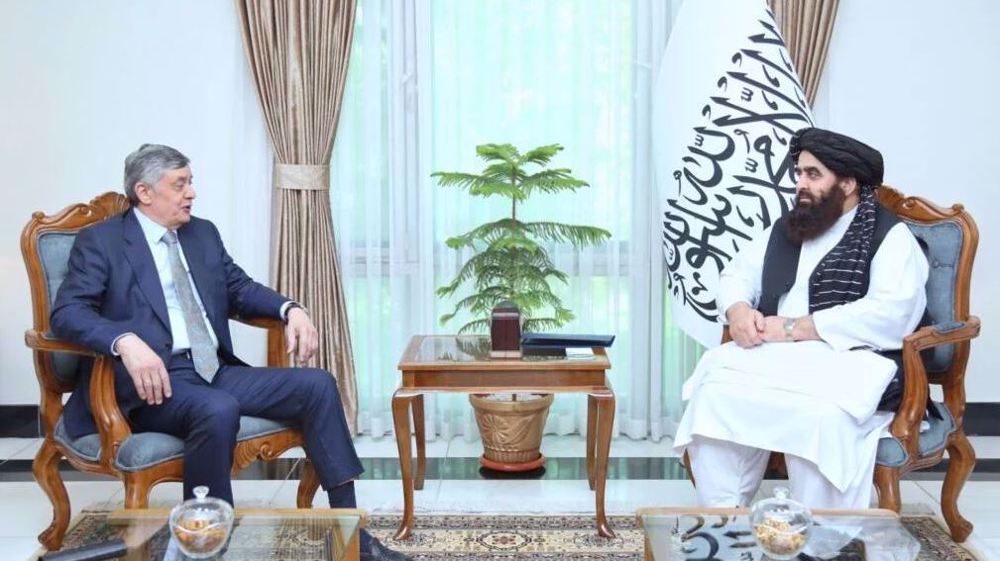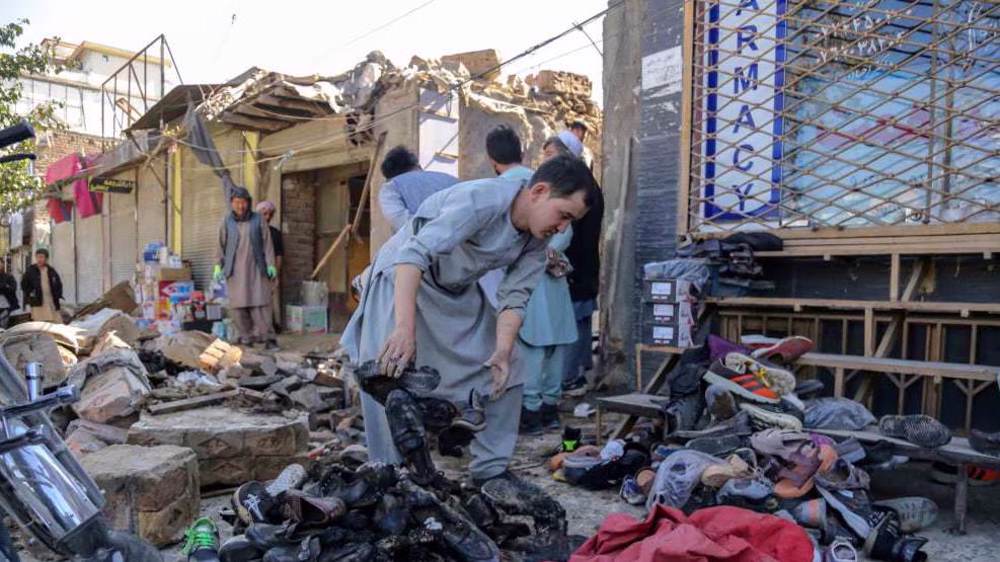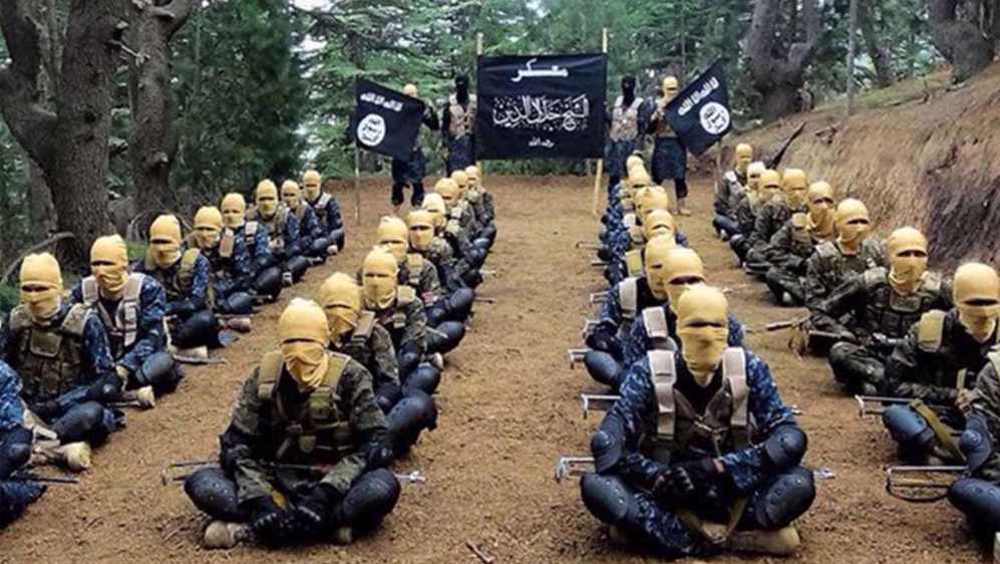Australia admits troops involved in murder of unarmed Afghan civilians
Australia has admitted that its military forces unlawfully killed dozens of civilians and prisoners in Afghanistan between 2005 and 2016.
Australia's top general made the admission as he released the findings of a years-long investigation by Major General Justice Paul Brereton into military misconduct in Afghanistan, saying there was credible evidence Australian Special Forces had "unlawfully" killed at least 39 Afghan civilians and inmates in more than a decade.
Angus Campbell, Australia's chief of the Defense Force, said during a press conference in Canberra on Thursday that a "destructive" culture of impunity among the elite troops had led to a string of murders and cover-ups by 25 Special Forces personnel in 23 separate incidents.
"Some patrols took the law into their own hands, rules were broken, stories concocted, lies told, and prisoners killed," Campbell said.
"This shameful record includes alleged instances in which new patrol members were coerced to shoot a prisoner in order to achieve that soldier's first kill, in an appalling practice known as 'blooding,'" the top Australian military official said.
The heavily-redacted 465-page report explained that once a person had been killed, those responsible would stage a fight scene by placing weapons next to the bodies of the deceased to give the impression that they had posed a military threat.
There was even competition between some patrols to outscore others in the number of "enemy soldiers" killed in action.
Campbell said the killings took place "outside the heat of battle" and recommended that the culprits be referred to Australian Federal Police and compensation be paid to the victims' families.
The top Australian general underlined that those involved in the unlawful killing of Afghans had left a "stain" on the record of armed forces and Australia, and their case would be dealt by the special investigator for war crimes.
Campbel concluded by saying that the unlawful killing of civilians and prisoners was "never acceptable," and apologized to the people of Afghanistan for the tragedy.
"To the people of Afghanistan, on behalf of the Australian Defense Force, I sincerely and unreservedly apologize for any wrongdoing by Australian soldiers," Campbell said during the press conference.
He also apologized to the people of Australia and said the majority of Special Forces "did not choose to take this unlawful path."
Prior to the release of the damning report, Australia's Prime Minister Scott Morrison had warned that the findings would include "difficult and hard news for Australians."
The Australian government had previously spent years trying to gag whistle-blowers or dismiss reports of wrongdoings by the country's military personnel.
The brutal killing of unarmed men and children in Afghanistan first came to public attention in 2017 when national broadcaster ABC published the "Afghan files," which revealed the war crimes of Australian troops in the Asian country.
Australia, which is not a member of NATO, has had an active role in Afghanistan since the US, along with a number of its allies, invaded the country in 2001. That war and the subsequent occupation continue to this day, even as Australian combat troops have reportedly been pulled out.
The war removed a Taliban regime from power but has failed to stop militant activity in the country and restore security. The ongoing chaos has also paved the way for the Takfiri Daesh terror group to gain a foothold in Afghanistan's east.
Australia still has about 1,500 troops remaining in war-ravaged Afghanistan.
More than 100,000 Afghans have been killed or injured since 2009, when the UN Assistance Mission in Afghanistan began documenting casualties.
US vetoing of Gaza ceasefire resolution ‘disgraceful’: Iran’s UN envoy
VIDEO | IAEA adopts anti-Iran resolution tabled by E3
VIDEO | Iran's president urges Pope to help end Israel's onslaught in Gaza
Iran's senior legal official: ICC arrest warrant for Netanyahu ‘great victory'
Nov. 21: ‘Axis of Resistance’ operations against Israeli occupation
VIDEO | Israeli forces storm West Bank’s Jenin again, target civilians
Iran activates advanced centrifuges after IAEA's 'unjust' resolution
VIDEO | Press TV's news headlines


















 This makes it easy to access the Press TV website
This makes it easy to access the Press TV website